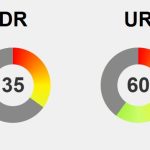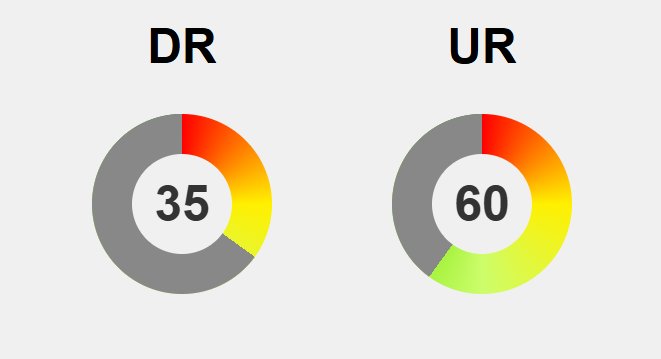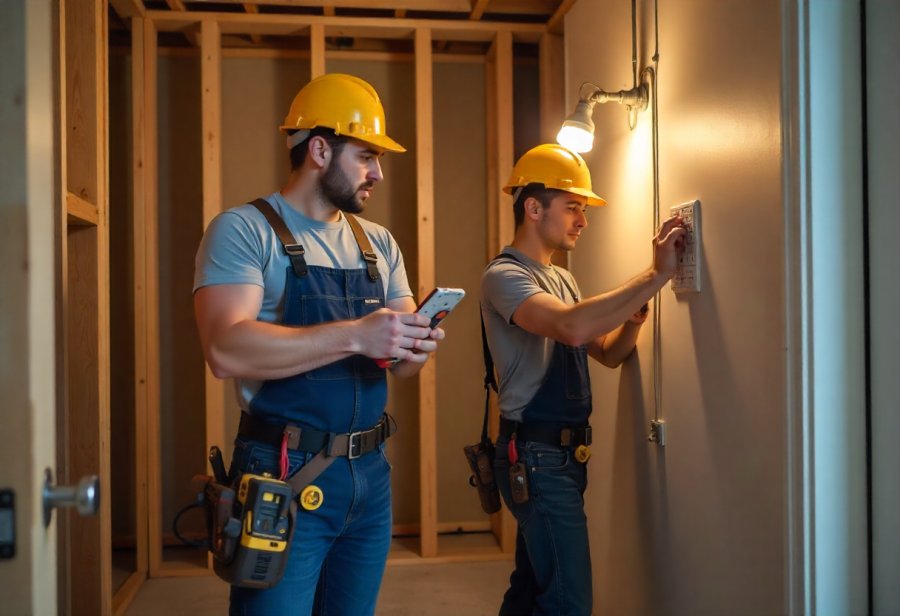Neglecting professional HVAC services may seem like a minor oversight, but it hides significant risks to safety, comfort, and operational efficiency. As systems become more advanced, the importance of regular maintenance, expert diagnostics, and timely repairs grows exponentially. How often do we underestimate the impact of a simple filter change or routine inspection? With winter approaching, a malfunctioning heater or compromised air quality can turn deadly, highlighting the crucial role of skilled technicians in safeguarding homes and businesses. The industry has evolved from reactive repairs to proactive, smart solutions driven by technological innovations—yet, many still overlook the profound long-term benefits of professional care. Are we truly aware of how neglecting these services increases hazards and costs, or are we missing the transformative power of modern HVAC technology? Embracing expert maintenance isn’t just about comfort; it’s a vital investment in safety, sustainability, and peace of mind.
Expert HVAC Solutions in the Greater Toronto Area
Looking for reliable heating and cooling solutions in the Greater Toronto Area? Tempasure Heating and Air Conditioning offers top-notch services including furnace heating, boiler & hydronic heating, fireplaces, and advanced modular split AC systems. Whether you need efficient central AC or comprehensive HVAC systems, our team is dedicated to providing comfort year-round. Specializing in ducted heating, we ensure your home stays warm during the winter months and cool in the summer. Contact us today at Service@Tempasure.com or call 416.806.6111 to learn more about our tailored heating and cooling options designed for your comfort.
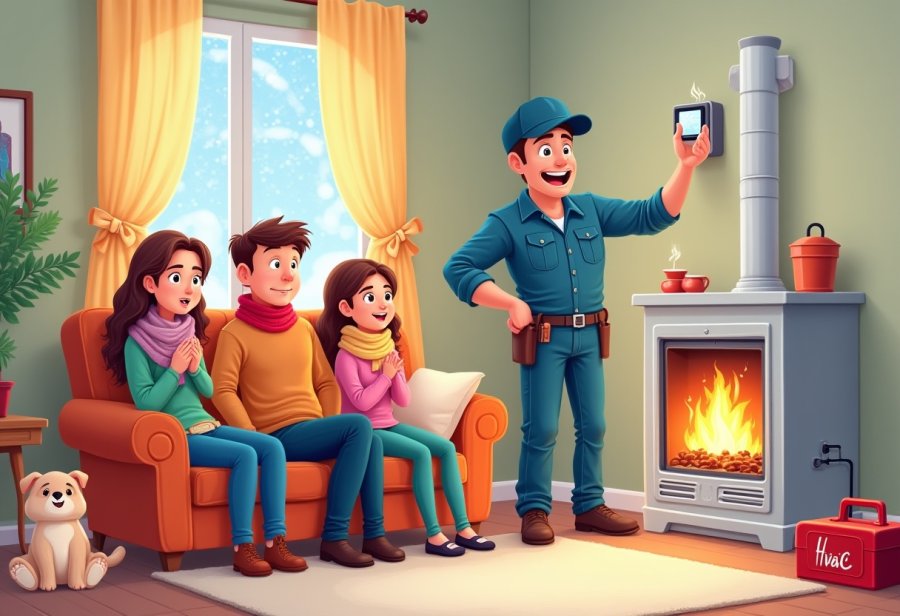
Ensuring Comfort and Safety with Professional HVAC Maintenance
HVAC systems are essential for maintaining a comfortable and safe indoor environment, especially as the seasons change. They handle heating, cooling, ventilation, and air quality, ensuring that homes and workplaces stay livable year-round. When these systems function properly, they prevent issues like indoor pollution, mold growth, and frozen pipes, all of which can pose serious health and safety risks. Because HVAC units are complex machines, neglecting regular maintenance or attempting DIY repairs can lead to costly failures down the line.
Relying on professional HVAC services is crucial for keeping these systems in top shape. Skilled technicians bring the expertise, tools, and certifications necessary to diagnose problems early and perform repairs safely. They can spot hidden issues—such as refrigerant leaks or electrical faults—that might not be obvious to untrained eyes. Regular maintenance not only prevents breakdowns but also improves efficiency, helping to lower energy bills and prolong the lifespan of your equipment.
During colder months, the importance of professional service becomes even clearer. A malfunctioning heater or clogged filter can turn a cold night into a safety concern. Technicians ensure your heating systems are thoroughly inspected, cleaned, and tuned up before the coldest days arrive, reducing the risk of emergency failures when warmth is most needed. This proactive approach provides peace of mind, knowing your indoor environment remains warm, safe, and comfortable.
HVAC isn’t just about comfort; it’s about safeguarding health and wellbeing. Properly maintained systems filter out dust, pollen, and pollutants, which is especially vital for those with allergies or respiratory issues. Investing in professional HVAC services means creating a healthier indoor space, where air quality is optimized and safety is prioritized. It’s a smart step toward peace of mind, knowing your systems are working reliably and safely.
As systems become more advanced, the role of professional service grows even more important. Modern HVAC units often include smart technology, sensors, and automation that require specialized knowledge to operate and maintain. Routine inspections, calibrations, and updates by trained technicians help catch issues early, prevent hazards, and keep systems running efficiently. This ongoing care ensures your indoor environment remains safe, comfortable, and energy-efficient.
Ultimately, HVAC systems are vital for both comfort and safety, but their true value depends on proactive, professional maintenance. Regular inspections, preventive care, and timely repairs protect indoor environments from hazards, extend equipment life, and reduce costs over time. As winter approaches, trusting licensed experts to care for your HVAC system is one of the best steps you can take to ensure a warm, safe, and efficient indoor space.
Tracing the Evolution of HVAC Technology and Service Practices
The development of HVAC technology has been a steady journey toward creating more comfortable, efficient, and safer indoor environments. In its earliest days, heating relied on simple methods like fireplaces and coal furnaces, which provided warmth but often lacked control and efficiency. As innovations emerged, central heating systems replaced these rudimentary methods, allowing for more consistent and evenly distributed warmth across entire buildings. The advent of refrigeration and air conditioning in the 20th century marked a turning point, transforming indoor climate control from a luxury to a standard feature in homes and commercial spaces.
Alongside these technological advances, service practices have evolved significantly. Initially, HVAC repair was reactive—fixing systems only after failures occurred. Over time, the industry shifted toward preventative maintenance, emphasizing regular inspections, cleaning, and tune-ups. This proactive approach helps extend equipment lifespan, improve efficiency, and reduce energy costs. It’s a move from merely repairing to caring for HVAC systems, ensuring they operate smoothly year-round.
Today, the industry is increasingly influenced by smart technology, energy efficiency, and environmental responsibility. Modern systems incorporate sensors, automation, and remote monitoring, enabling real-time diagnostics and early detection of potential issues. This shift toward intelligent systems allows technicians to address problems before they escalate, making maintenance more predictive and less disruptive. The integration of these innovations reflects a broader commitment to sustainability and smarter indoor climate management.
Certification programs and industry standards have played a vital role in professionalizing HVAC services. Technicians now undergo rigorous training and certifications like those from North American Technician Excellence (NATE), ensuring they meet high safety and quality benchmarks. These standards guarantee that repairs and maintenance are performed accurately and safely, especially as systems become more complex and technologically advanced. This professionalism benefits consumers by providing reliable, high-quality service.
Environmental concerns have driven further innovation. Manufacturers now produce systems that use eco-friendly refrigerants and deliver higher efficiency, aligning with global efforts to reduce carbon footprints. The industry is also exploring renewable energy options, such as solar-powered HVAC units, to create greener solutions. As these technologies become more widespread, service practices adapt to install and maintain these sustainable systems effectively, ensuring ongoing performance and safety.
Looking ahead, the evolution of HVAC technology and service practices shows no signs of slowing. The industry is poised to incorporate even more sophisticated features like AI-driven predictive analytics and advanced materials. Staying current with ongoing training and technological updates will be essential for professionals aiming to meet rising standards. This continuous innovation promises a future where indoor environments are safer, smarter, and more environmentally friendly, ensuring HVAC remains a vital part of our daily lives.
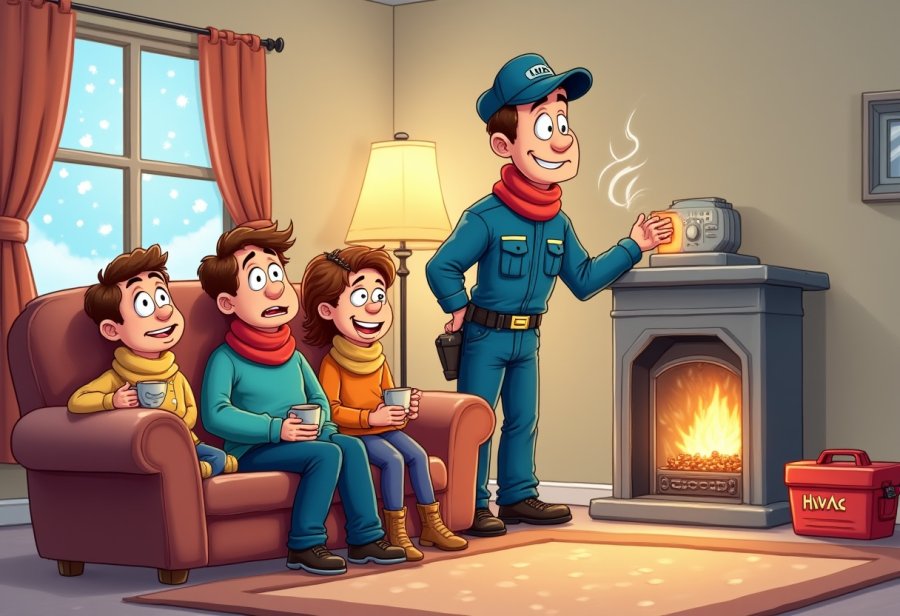
Adhering to Modern Standards for Safe and Efficient HVAC Care
Present-day HVAC practices are guided by strict industry standards and a strong emphasis on professionalism. Today’s technicians operate under well-established protocols from organizations like the Air Conditioning Contractors of America (ACCA) and North American Technician Excellence (NATE). These standards set clear benchmarks for quality, safety, and reliability, ensuring every service—whether a routine inspection or a complex repair—meets consistent criteria. Certification from these bodies isn’t just a badge of honor; it’s often a requirement, demonstrating that technicians have the training and skills necessary to handle modern, sophisticated systems safely and effectively.
Modern maintenance has moved beyond basic repairs. It now involves advanced diagnostics, precise refrigerant charging, and thorough cleaning of critical components like coils and ductwork. These steps are essential to keep systems operating efficiently and to prevent costly breakdowns. Regular inspections verify thermostat calibration, filter cleanliness, and electrical connections, all of which are vital for optimal performance. Following these industry guidelines ensures preventative care that catches small issues before they escalate into emergencies.
Energy efficiency standards from the Department of Energy heavily influence service practices today. Professionals focus on optimizing performance by sealing ducts, enhancing airflow, and upgrading to high-efficiency parts. These efforts not only improve comfort but also significantly lower energy bills, a priority for consumers seeking to reduce their environmental impact and operating costs. This emphasis on efficiency aligns with the broader goal of sustainable indoor climate management.
Technological innovations like smart thermostats, IoT sensors, and remote monitoring tools have transformed how HVAC systems are maintained. These tools enable real-time diagnostics and performance tracking, allowing technicians to identify potential problems early—often before the system fails. This proactive approach depends on adherence to evolving standards that incorporate digital technology, ensuring safety, efficiency, and minimal downtime. It also requires ongoing training to keep technicians current with new devices and software.
Safety remains a core concern in HVAC work. Technicians are trained to handle refrigerants, electrical components, and gas lines with strict adherence to safety protocols. Ongoing updates to safety regulations mean continuous learning and adaptation. This focus on safety protects both homeowners and technicians from hazards like leaks, electrical shocks, or fires, especially as systems grow more complex and interconnected.
Industry standards also promote sustainability. Eco-friendly refrigerants, high-efficiency heat pumps, and environmentally conscious materials are now common. Service providers are encouraged to recommend solutions that meet safety, comfort, and environmental goals. Keeping up with these standards ensures that HVAC systems are not only reliable but also aligned with global efforts to reduce carbon footprints. This ongoing commitment to innovation and responsible practice helps maintain indoor environments that are safe, efficient, and sustainable for years to come.
For homeowners and professionals alike, staying informed about the latest standards and advancements is vital for maintaining optimal HVAC performance. To further enhance your system’s efficiency and safety, consider exploring more about HVAC safety standards and best practices. Keeping up-to-date ensures that your HVAC system operates reliably and safely, aligning with industry guidelines and environmental goals.
Applying HVAC Expertise Across Residential, Commercial, and Industrial Spaces
HVAC services are essential across a variety of environments, each with its own unique demands and considerations. In residential settings, routine maintenance like changing filters, inspecting ductwork, and tuning up furnaces and air conditioners helps prevent unexpected breakdowns and ensures reliable comfort during colder months. Homeowners benefit most from regular professional checkups, which extend the lifespan of their systems and keep energy costs under control.
In commercial buildings, HVAC systems tend to be larger and more complex, often designed with multiple zones for different spaces. Proper installation and ongoing maintenance are crucial to maintaining consistent temperatures and air quality, which directly impact productivity and occupant health. Commercial technicians often customize solutions, balancing energy efficiency with the specific needs of each business, whether it’s a retail store, office, or restaurant.
Industrial facilities pose even greater challenges, requiring specialized HVAC systems capable of managing large-scale heating, cooling, and air filtration. These environments often involve sensitive equipment or inventory that depend on precise climate control. Skilled technicians handle complex systems, ensuring safety protocols are followed and operational efficiency is maintained to prevent costly disruptions or damage.
Across all settings, preventative maintenance plays a vital role. Regular cleaning of coils and filters, refrigerant checks, and electrical inspections help systems operate smoothly and safely. This proactive approach not only reduces energy consumption but also minimizes risks like gas leaks or electrical faults that could threaten safety. When unexpected issues occur, licensed professionals provide emergency support, quickly restoring comfort and safety.
Emergency repairs during extreme weather highlight the importance of dependable HVAC services. Whether restoring heat amid a cold snap or fixing leaks during summer, quick, expert responses prevent discomfort and protect health. Reliable service providers understand the urgency and are equipped to respond promptly, reducing downtime and safeguarding occupants.
Investing in professional HVAC services offers benefits beyond immediate comfort. Routine maintenance and timely repairs extend equipment life, improve efficiency, and lower long-term operational costs. For businesses, maintaining optimal climate control can prevent productivity losses and protect valuable assets, emphasizing that HVAC care is a strategic investment.
In every environment—from homes to industrial sites—professional HVAC services ensure indoor spaces remain safe, healthy, and efficient. These tailored solutions adapt to specific needs, supporting health, productivity, and sustainability. As systems become more advanced, the role of skilled technicians grows even more critical in harnessing these innovations to keep indoor environments comfortable and secure all year round.
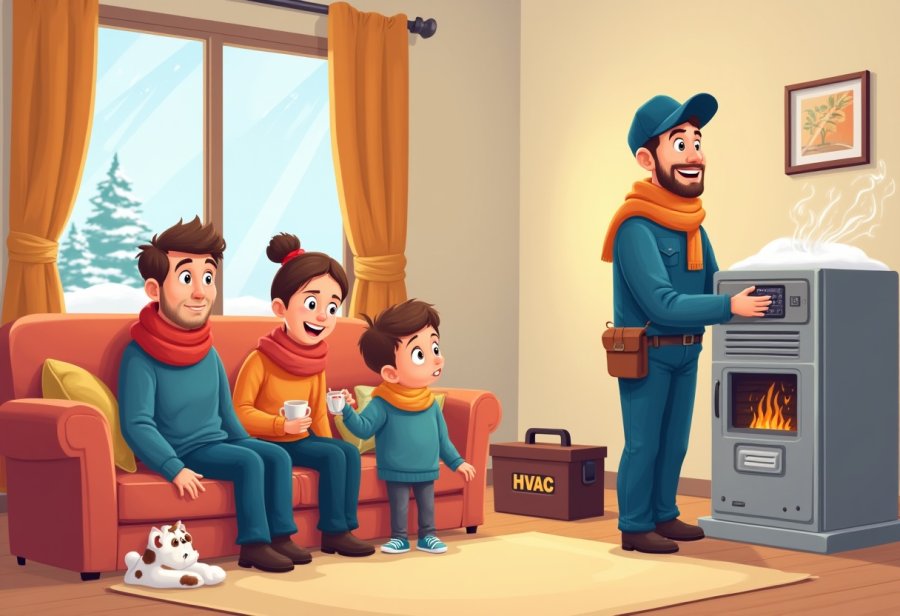
Embracing the Future: Innovations and Trends Shaping HVAC Services
The future of HVAC services is being reshaped by rapid technological advances that promise smarter, more efficient, and environmentally friendly systems. One of the most noticeable trends is the rise of smart thermostats and IoT devices, which enable real-time monitoring and remote control of indoor climates. These tools allow homeowners and businesses to optimize performance, catch potential issues early, and reduce energy waste without needing to be physically present, making systems more responsive and adaptable.
Eco-friendly refrigerants and high-efficiency heat pumps are quickly becoming standard. Manufacturers are shifting to greener materials and designs to meet stricter environmental regulations, helping reduce greenhouse gas emissions. These innovations not only support global sustainability efforts but also lead to lower utility bills, making eco-conscious choices more accessible and attractive to consumers.
Ductless mini-split systems are gaining popularity due to their efficiency and flexibility. They provide zone-specific heating and cooling, which can significantly cut energy consumption compared to traditional ducted systems. As these systems evolve, their ability to deliver targeted comfort while minimizing waste will only improve, reinforcing their role as a staple in future indoor climate solutions.
Advances in software and AI will also transform HVAC maintenance. Predictive analytics and machine learning algorithms can forecast failures before they happen, enabling proactive repairs that prevent costly breakdowns. This shift from reactive to preventative care depends on smarter sensors and data analysis, requiring technicians to stay current with new technologies to deliver reliable, safe, and efficient service.
Sustainability will remain a central driver. As climate concerns grow, the industry will focus on affordability and broader access to advanced systems. Prices are expected to decrease as technology matures, allowing more people to benefit from high-performance, eco-friendly HVAC solutions. Industry professionals who embrace these innovations now will be better positioned to meet future demand for sustainable indoor environments.
Ongoing education and certification will be key to keeping pace with rapid changes. Technicians will need to continually update their skills to handle new systems safely and effectively. Those who stay ahead of the curve will ensure their services remain relevant, reliable, and aligned with evolving standards and customer expectations.
Ultimately, the next chapter in HVAC technology promises a smarter, greener, and more user-focused industry. As innovations continue to emerge, they will enhance indoor comfort, safety, and energy efficiency while reducing environmental impact. The industry’s ability to adapt and innovate will be vital in creating healthier, more sustainable indoor spaces for years to come.
